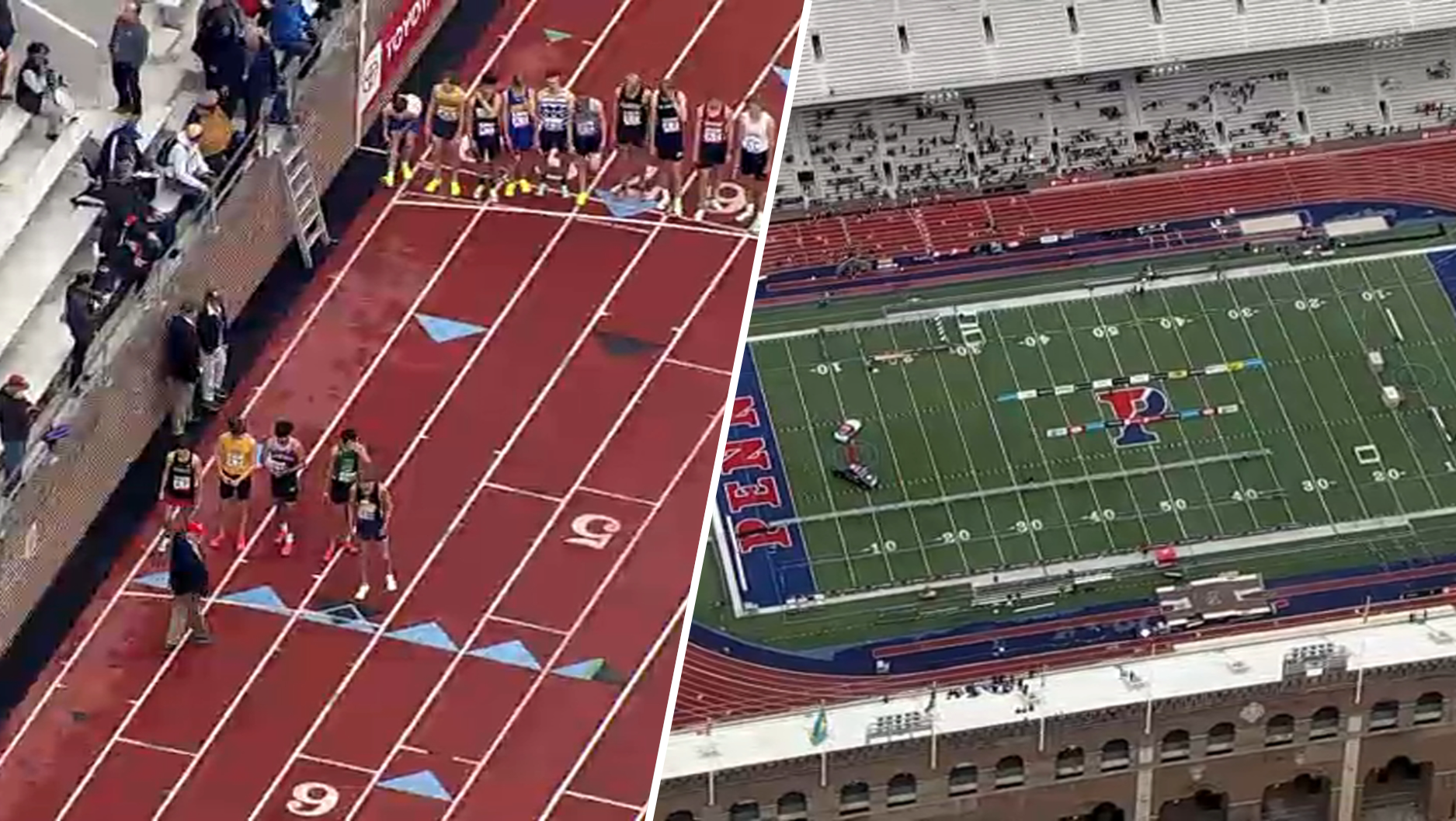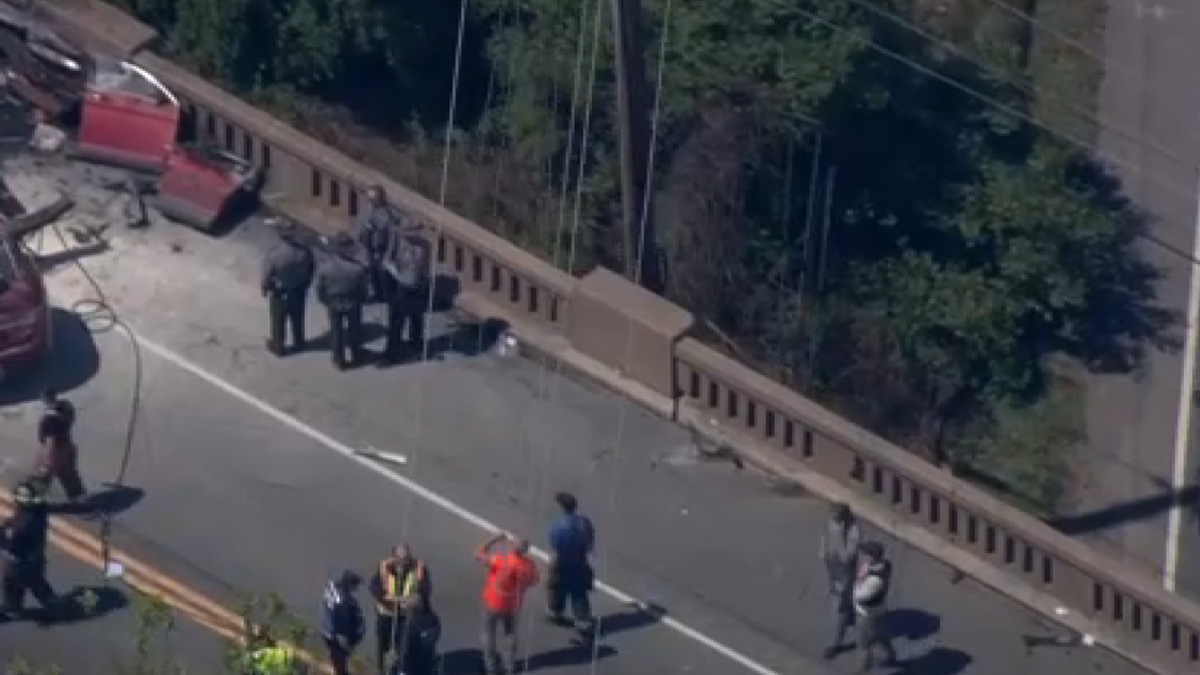Democratic Gov. Tom Wolf will almost surely have to decide Monday on how to handle a nearly $32 billion spending bill that lacks the money to pay for all of it, and Wolf may not get a revenue package from Pennsylvania's Republican-controlled Legislature that he likes.
Wolf's office was quiet Monday, and the governor has stayed out of sight since Friday.
At midnight, the spending bill on Wolf's desk becomes law. Before then, Wolf can sign it into law, veto it or strike out some of the spending, although there are questions about the constitutionality of a budget bill becoming law without a plan in place to pay for it. Monday was the 10th day of a budget stalemate between Wolf and the House and Senate Republican majorities.
Looming is the potential for another downgrade to a credit rating already damaged by Pennsylvania's failure to deal with a post-recession deficit.
Senate President Pro Tempore Joe Scarnati, R-Jefferson, suggested that a Republican revenue package that Wolf rejected Sunday would be as good as it gets. That plan leans heavily on one-time cash infusions, but there is not enough support in the Legislature for a larger package of tax increases sought by Wolf, Scarnati said Monday.
"It's just unfortunate that the other side of the aisle and the governor are just looking for more tax revenue, and that just can't be lifted," Scarnati said after leaving a meeting with House Republican leaders in the Capitol.
With both the House and Senate in session Monday, Republicans could finish voting on their revenue plan on Tuesday, Scarnati said. It was unclear, however, whether Republicans could pass it without help from Democratic lawmakers, who have backed Wolf.
Local
Breaking news and the stories that matter to your neighborhood.
Lawmakers say a roughly $2.2 billion revenue package is required to resolve the state's largest shortfall since the recession and a projected deficit in the fiscal year that began July 1. It will rely heavily on borrowing and involves another big expansion of casino gambling in the nation's No. 2 commercial casino state.
Friction revolved around Wolf's insistence that lawmakers produce $700 million to $800 million in reliable revenue, such as tax increases, to help the state avoid another downgrade. Republicans, however, have been unwilling to offer a tax package half that size, Democrats say.
Senate Majority Leader Jake Corman, R-Centre, said late Sunday that the sides were about $200 million apart.
Corman said tax increases under discussion involved cable TV, movies, bank profits, telephone service and electric service. Another element of a proposed budget deal, designed to save money, would give the state the option to shut down unprofitable wine and liquor stores and transfer the stock to a nearby beer distributor to be sold there.
Wolf also has pushed Republicans to agree to a production tax on natural gas drilling in the Marcellus Shale. Pennsylvania, the nation's No. 2 natural gas state, is the only large natural-gas-producing state that does not tax the product. However, top Republican lawmakers have rejected that.
Without a signed budget plan in place, the state has lost some of its spending authority, though the Wolf administration has said it anticipated no program or service interruptions, at least through Monday night.
For the second straight year, the Legislature sent an on-time, bipartisan spending bill to Wolf, but with no plan to pay for parts of it.
Last year, Wolf let the plan become law without his signature when the 10-day signing period expired — despite questions about whether the move was constitutional — and lawmakers delivered a $1.3 billion funding package three days later.



